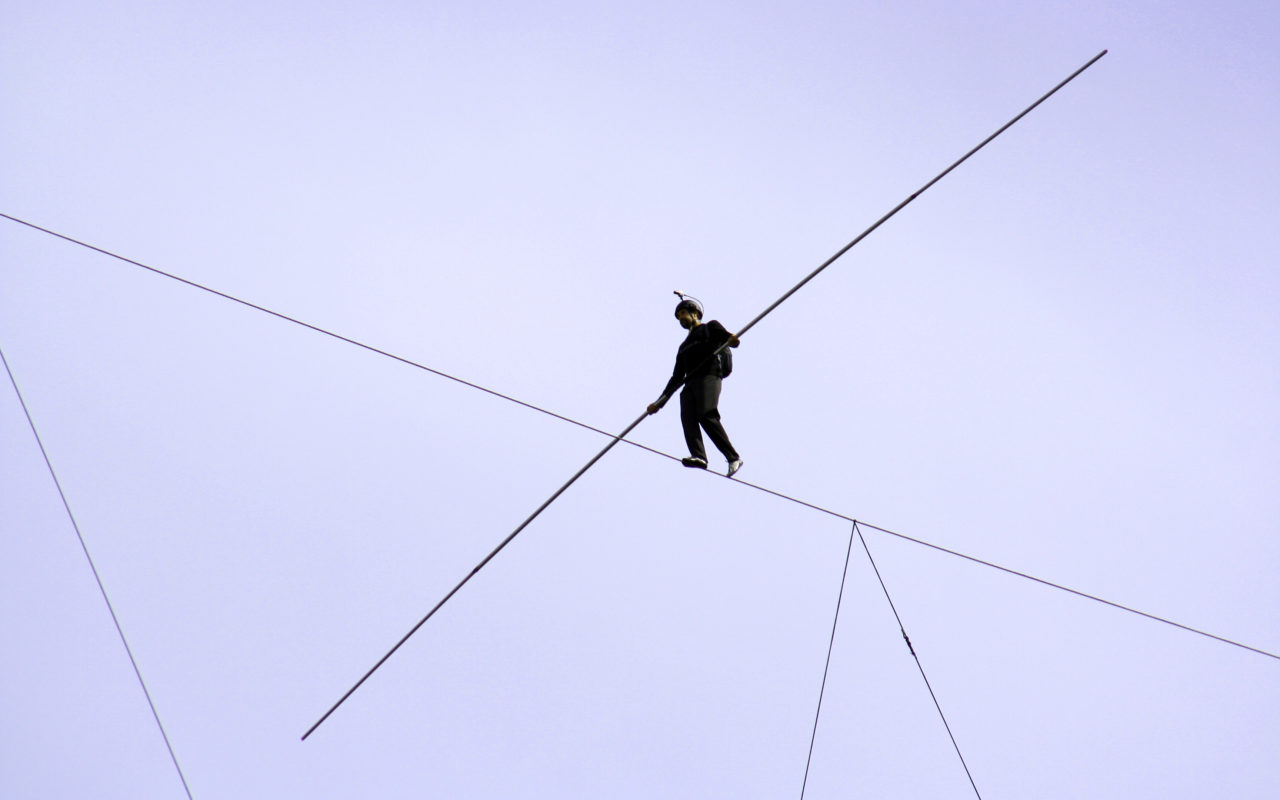It always takes a while before you realise what’s going on in your life. What has changed? Or hasn’t.
And it takes even longer before you’re ready to acknowledge disillusionment -if you’re able to bear it at all.
During the first days of the year however, in my New Year’s bubble of limitless energy and fresh starts, I was still convinced of life in full colour.
Things would be different, I would be different. It would all change. I would overturn whatever was necessary and rebuild it from scratch. Better. Fearless. Intense –the experiences, the things, the people. A total reset.
I did start with the doors. All the doors in my apartment had been black on both sides for as long as I could remember. I considered black doors sophisticated at the time– elegant. Except I bumped into them quite often. Having trouble sleeping I would get up in the middle of the night –without the lights on, to eat something, have a drink, whatever, and get lost. It’s hard, noticing black in a dark space. And if you don’t, it hurts as well.
Each door got changed into an off-white grey, and I no longer crashed into them. I slept better too, maybe because I wasn’t engulfed in darkness anymore. It felt nice, like living in a misty landscape instead, a bit vague sometimes, but definitely better. Inspired by the new atmosphere, I painted everything else into a bright, snowy white –walls, window sills, the front door, even a few objects standing around.
As I said, this Everything Is Possible-feeling was still prevailing. Like I’d been given a blank slate, inviting me to go off and explore…
Existential Philosophy
At the same time there were a few rules you better be aware of:
Live life to the fullest – it’s the only one you have… And no regrets…
All his life American pioneer in Existential Psychology, Irvin Yalom, emphasized the above advice in his fight against death. Yalom, emeritus professor of Psychiatry at Stanford University, with a private practice in San Francisco, even wrote a number of New York Times bestsellers on the subject.
It’s a kind of psychology based on Existential Philosophy, pioneered by nineteenth-century philosophers like Kierkegaard and Nietzsche.
Friedrich Nietzsche
After the death of God, according to Friedrich Nietzsche, the single individual appeared. And things changed. There had been a shared culture, with certain rules and beliefs that defined the way in which people lived their lives, but with the shift away from faith, towards rationalism and science, our existence became a philosophical problem: if there is no longer a God to be worshipped, and obeying God doesn’t make life meaningful, then what? What is the essence of life?
Thus Spoke Zarathustra
I read some Nietzsche at school. Especially his most famous novel: Also Sprach Zarathustra (Thus Spoke Zarathustra). Bored with school, and at the same time overwhelmed and confused by my own life I searched the book for answers. I had no clue who Zarathustra was but I loved the exotic title and expected to find a manual for life there.
Instead, it was about all sorts of repressive moral codes -what did I care, and the possibility of eternal recurrences, which mean all events in life -yours, mine, will happen again and again indefinitely…! It was not the kind of answers I’d been looking for. On the contrary!
Zarathustra, Nietzsche’s main character, turned out to be a Persian prophet from the 7thcentury, founder of one of the oldest religions in the world, Zoroastrianism -I never finished the book.
Waiting For Godot
In the twentieth century, Existentialism came along. It turned into a cultural movement in Europe. With artists like Giacometti, filmmakers like Godard and Bergman, writers like Ionesco, Kafka and Beckett (Waiting For Godot)
Their work explores things like anxiety as a part of human existence, our significance on earth in a world without meaning, and the importance of making choices in life according to your own desires.
Consequently, in order to avoid regrets, you are more or less obliged to live in line with your deepest wishes and longings -whatever they are. It must have been Edith Piaf’s secret, considering one of her favourite songs: Non, Je Ne Regrette Rien (No, I Don’t Regret Anything). Apparently, the famous French singer had been totally au courant concerning her own specific desires.
What about the rest of us?
Other People
Of course, many people are quite familiar with the most evident desires and wishes in our society –being rich and famous, having good looks, staying young and in great health; who wouldn’t like having it all?
At the same time human life can’t be qualified by things like money and beauty; take a look around you… Not even by something as precious as good health. There is more to our existence than being rich and famous, or living a super model’s life, or both… Except, what?
I’m often intrigued by the glimpses I get from other people’ s lives. There are those capable of realising a universe of their own. They know how to establish a life filled with accomplishments and satisfaction. Or so it seems. What is their secret? Is it about imagination? Or the unwillingness to bear with frustration? How did they discover their wishes and wants?
And what about myself?
For years I kept this glass-framed newspaper cutting above my desk. It said:
I don’t think I ever do what I want,
or behave as I feel, even with friends…
To Be Continued

